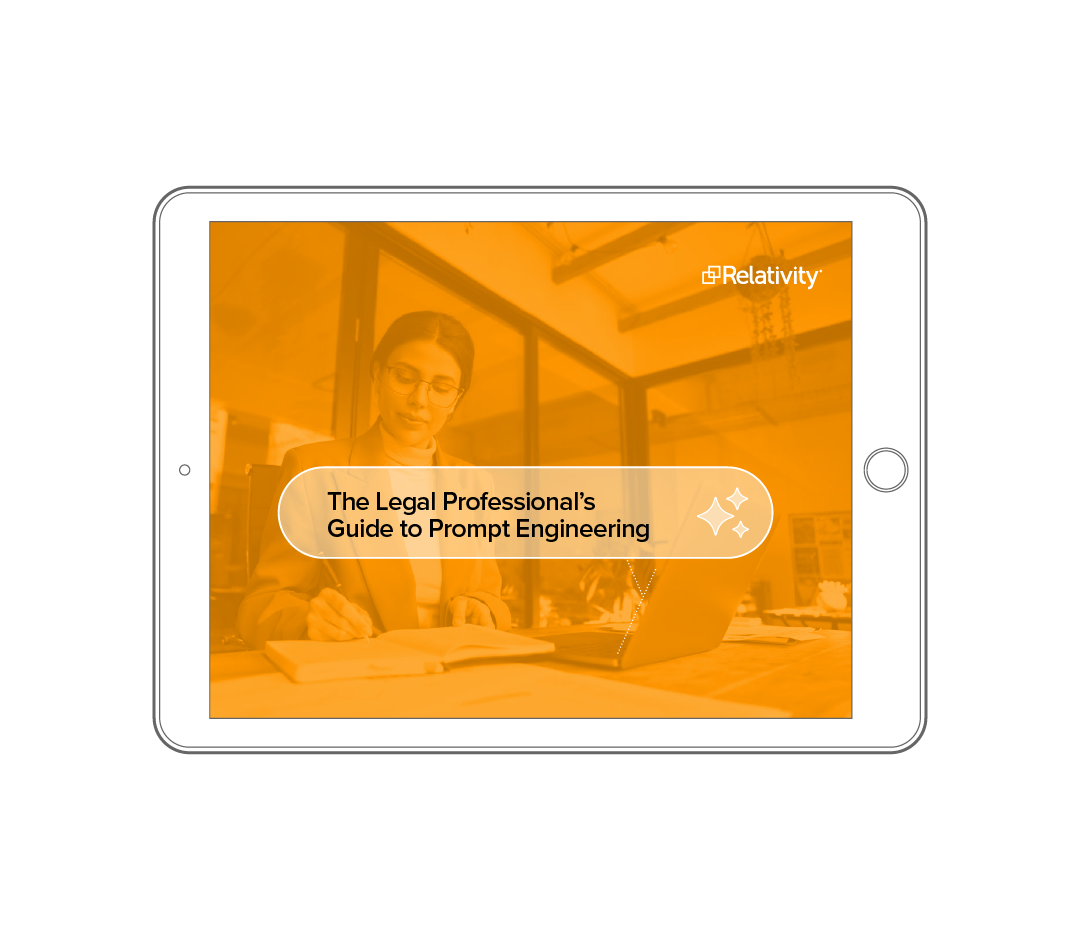
e-Book
The Legal Professional’s Guide to Prompt Engineering
Two years ago, prompt engineering was a buzzword. Today, it’s become a vaunted skill: US-based lawyers with AI competencies like prompt engineering earn 49 percent more than peers without those skills, according to a PwC study.
And just when prompt engineering was having its moment, a new study found that AI-generated prompts can outperform those written by humans. So, what does that mean for legal teams?
To find out, we went to the source. We spoke with technologists, AI researchers, law firm partners, general counsel, data scientists, and other legal professionals who are actively shaping how AI is used in the practice of law – especially when it comes to writing better prompts.
Inside, you’ll find:
- A brief history of prompt engineering – and where it’s going
- How legal skills give you a unique edge in working with AI
- Frameworks and real-world examples for effective prompting
- A peek at what happens when AI starts writing your prompts
- A perspective on prompt protection and the work-product doctrine







